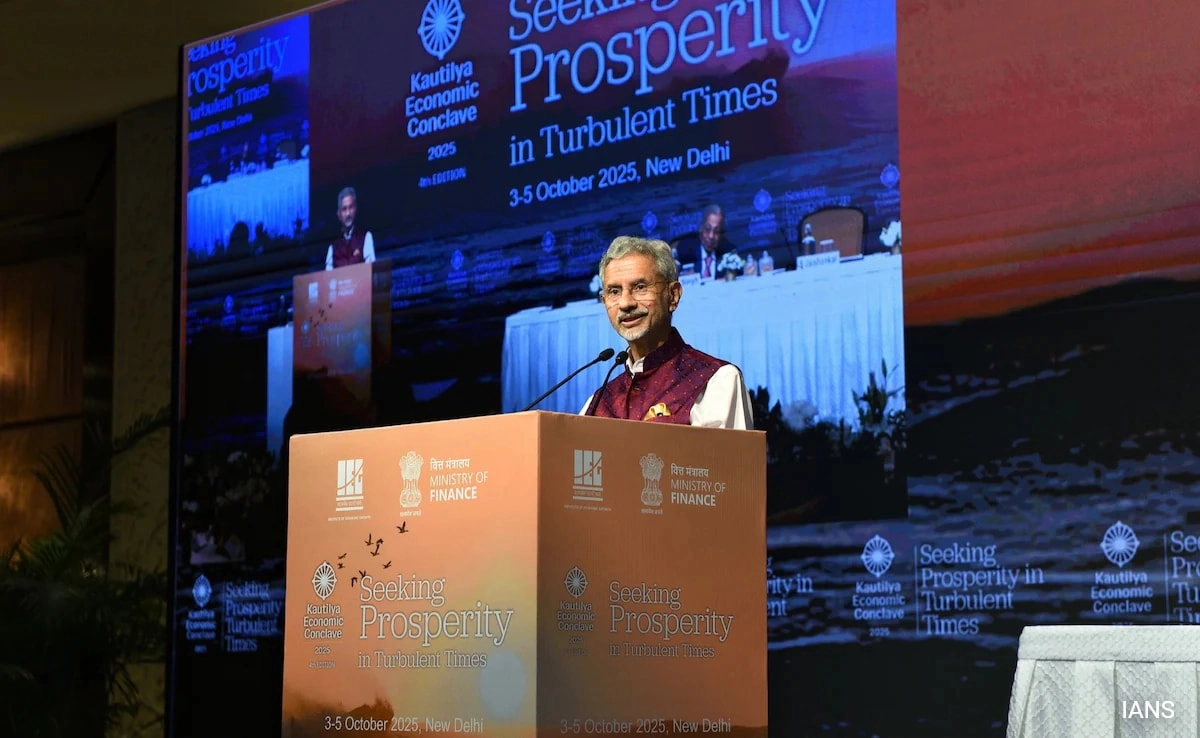In a recent political discourse, JP Nadda, the president of the Bharatiya Janata Party (BJP), strongly criticized Congress leader Rahul Gandhi’s remarks regarding surrender. Nadda’s response highlighted the perceived differences in political ideology and commitment to the nation between the two leaders. He emphasized that Gandhi’s comments reflect a mindset of defeatism and a lack of resolve to face challenges head-on. By stating “It is in your DNA,” Nadda insinuated that such attitudes are ingrained in Gandhi’s political lineage, suggesting a historical pattern of surrendering in the face of adversity.
Nadda’s remarks come at a time when the political landscape in India is particularly charged, with both major parties vying for public support ahead of upcoming elections. By framing Gandhi’s statements as emblematic of a broader failure to engage with the complexities of governance, Nadda aims to position the BJP as the party of strength and resilience. He asserted that the BJP is committed to advancing the interests of the nation and that it stands in stark contrast to the Congress party, which he accuses of fostering a culture of capitulation and pessimism.
Furthermore, Nadda’s comments resonate with a larger narrative that seeks to rally the BJP’s base by portraying the Congress as out of touch with the realities faced by the Indian populace. This discourse not only serves as a critique of Gandhi’s leadership but also attempts to galvanize BJP supporters by invoking a sense of pride in India’s potential and the need for a proactive approach to governance. As the political rivalry intensifies, such exchanges are likely to shape the electoral strategies of both parties in the lead-up to the polls, with each leader striving to define their vision for India’s future.
Ultimately, the clash between Nadda and Gandhi underscores the deep-seated ideological rifts within Indian politics. It reflects not just a battle for power but also an ongoing struggle over the narrative that defines the nation’s identity and its path forward. As voters prepare to make their choices, the implications of such statements will undoubtedly reverberate through the political arena, influencing public sentiment and electoral outcomes.




